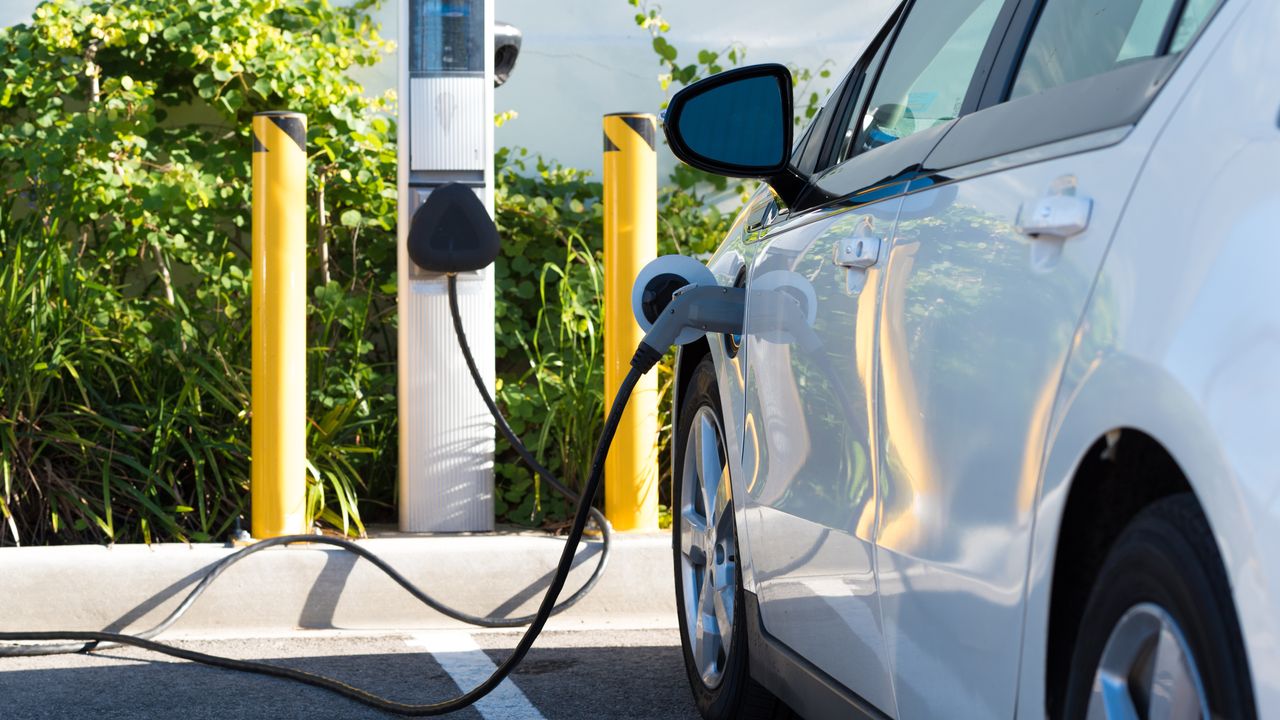EV Charging Session Monitoring: Ensuring Efficiency and Reliability
Electric vehicles (EVs) have gained significant popularity in recent years as people become more conscious of their environmental impact and seek sustainable transportation options. As the number of EVs on the road continues to grow, so does the need for efficient and reliable charging infrastructure. One crucial aspect of this infrastructure is EV charging session monitoring, which plays a vital role in ensuring smooth and hassle-free charging experiences for EV owners.
Charging Session End Time: A Key Metric for Efficiency
When it comes to charging an EV, time is of the essence. EV owners want to know how long their charging session will take to plan their day effectively. That’s where monitoring the charging session end time becomes crucial. By accurately tracking the time it takes for an EV to charge, charging station operators can provide users with real-time information on when their vehicle will be ready.
Moreover, monitoring the charging session end time allows operators to optimize the charging process. By analyzing data on charging times, they can identify patterns and make informed decisions about station capacity, placement, and maintenance. This information helps ensure that EV owners can charge their vehicles efficiently and minimize waiting times.
Charging Session Error Handling: Minimizing Disruptions
While EV charging infrastructure has come a long way, occasional errors or disruptions can still occur during charging sessions. These errors can be caused by various factors, such as power outages, faulty connectors, or communication issues between the vehicle and the charging station. To provide a seamless charging experience, it is essential to have robust error handling mechanisms in place.
Monitoring the charging session error handling allows operators to quickly identify and resolve any issues that may arise during the charging process. By receiving real-time notifications about errors, operators can take immediate action to minimize disruptions and ensure that EV owners can continue charging their vehicles without unnecessary delays.
Charging Session Load Balancing: Optimizing Resource Allocation
As the number of EVs on the road continues to increase, charging infrastructure must be able to handle the growing demand. Charging session load balancing plays a crucial role in optimizing resource allocation and ensuring that charging stations are used efficiently.
Monitoring the charging session load balancing allows operators to gather data on charging patterns and usage. By analyzing this data, they can identify peak charging times and distribute resources accordingly. For example, if a particular charging station is consistently overloaded during certain hours, operators can adjust the charging rates or allocate additional resources to meet the demand.
This proactive approach to load balancing helps prevent congestion at charging stations, reduces waiting times, and ensures that EV owners have access to reliable charging infrastructure when they need it the most.
Conclusion
EV charging session monitoring is a critical component of efficient and reliable charging infrastructure. By tracking metrics such as charging session end time, error handling, and load balancing, operators can optimize resource allocation, minimize disruptions, and provide EV owners with a seamless charging experience. As the demand for EVs continues to grow, investing in robust monitoring systems will be essential to meet the needs of an increasingly eco-conscious population.
